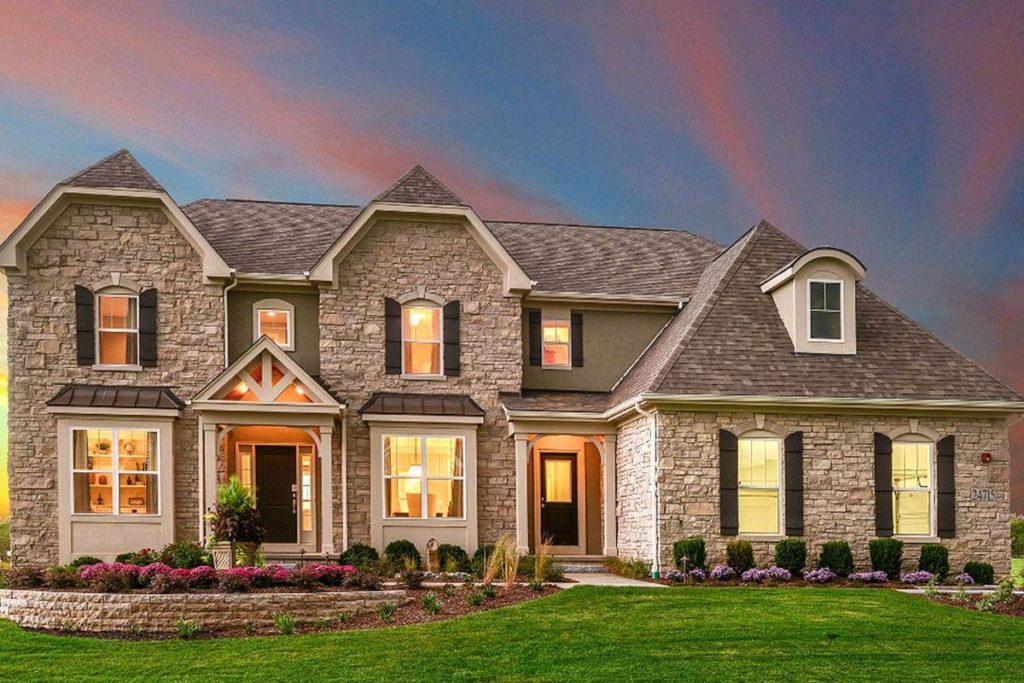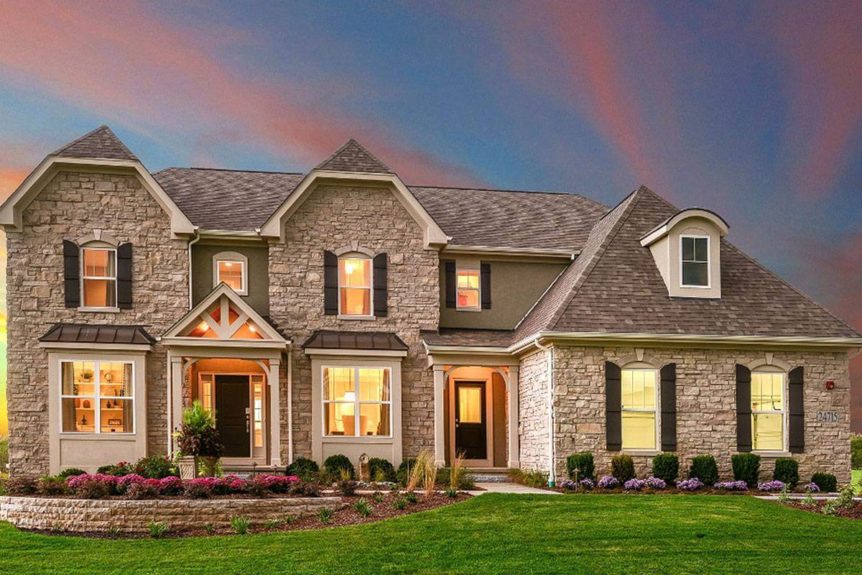The 86th Texas Legislature has come to a close with hundreds of bills signed into law. Here are three that should be on your radar as a Texas homebuilding professional.

House Bill 2439 by Representative Dade Phelan (R- Beaumont) will prohibit cities and other governmental entities from using building codes or other local ordinance powers to mandate the use of certain products in construction and result in the direct or indirect prohibition of other code approved products.
Examples of some mandates include: masonry ordinances, restricting to one type of insulation and mandating one specific pipe or tubing be used.
Advertisement
This legislation will help protect Texas’ free market values and prohibit local governments from requiring only certain types of building products or construction methods, which effectively bans the use of other generally approved products that meet or exceed industry standards and building code requirements.
Most importantly, as of September 1 this bill will void any currently adopted ordinances that violate the legislation’s provisions and those ordinances will be illegal.
House Bill 1743 by Representative Tracy O. King (D-Uvalde) will lower the number of years that the agriculture and timber land roll-back (or claw back) tax is due following a change in land use designation from five years to three years and lowers the interest rate owed from 7% to 5%.
These taxes are owed when the use of land previously appraised as agricultural land changes. This bill will provide substantial property tax relief and reduce the burden of the overly punitive agriculture exemption roll-back tax on Texas landowners, builders, developers and businesses.
House Bill 852 by Representative Justin Holland (R-Rockwall) will prohibit a municipality from considering the value of a residential dwelling or the cost of constructing or improving the dwelling in determining the amount of a related building permit or inspection fee.
It will also prohibit cities from requiring the disclosure of information related to the value of or cost of constructing or improving a dwelling as a condition of obtaining a building permit, except as required by the Federal Emergency Management Agency for participation in the National Flood Insurance Program.
Although Texas Supreme Court precedent already states that fees can only cover the cost of providing a service and may not generate revenue, many cities use construction fees for other services and to make up gaps in their budgets. This bill will bring greater fairness to the distribution of the fee burden and reduce the amount of unnecessary fees that builders and remodelers incur.
This bill was effective immediately on May 21 after it was signed into law.

